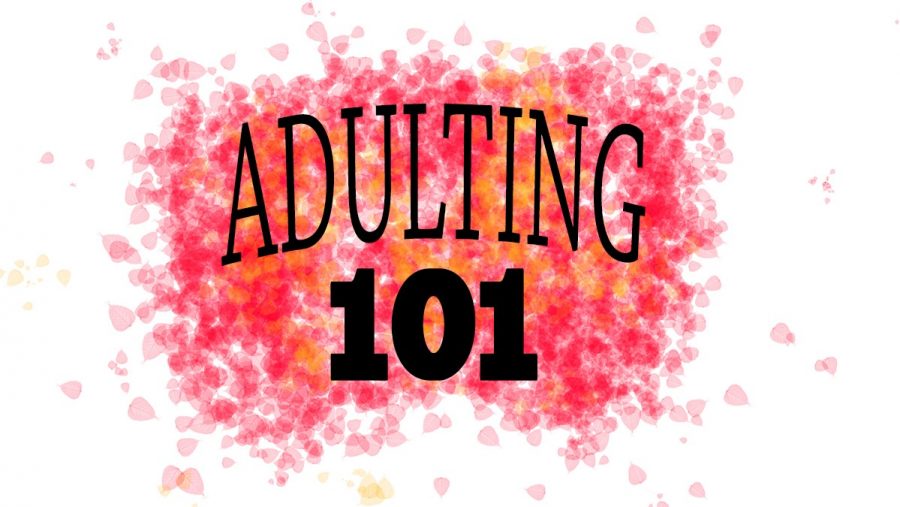Adulting 101
Writing a good cover letter
Photo by Bethany Mennecke
As seniors prepare for college graduation and the added responsibilities of adulthood, they may be in the process of applying for their first real, professional, career job in their field.
After filling out the application itself and attaching their resume, students may find themselves struggling with the last piece of the application: the cover letter.
While typically only one page long, for some, the cover letter can be the most difficult part because there is no one tried and true template.
“My first cover letters were very generic,” Leslie Peterson, a fourth-year communication student, said. “I look back and it’s kind of cringy. But no one had ever sat down and taught me how to write one.”
Peterson said she struggled with the art of cover letter-writing until she took a class on professional communication.
According to UW-Madison’s Writing Center website, a cover letter is meant to introduce an applicant and should include why they’re applying to a job, highlight a few of their skills and experience and explain any application materials they have attached, such as a portfolio or website.
It is also recommended that students take the time to have either a person with job hiring experience or someone with a job in their desired field critique their letter, according to the website.
Zachary Peterson, a graduate assistant director at the Center for Writing Excellence, said writing cover letters can be challenging for many students.
“A main issue they have is they aren’t used to having to do this type of professional writing,” Zachary Peterson said. “A lot of students take templates as a formula and just log in their own information.”
Unlike resumes, Zachary Peterson said, cover letters should be written with a bit of creativity and be stylized for each job a student applies for. Cover letters should talk about more than the skills or work experience a student has — it should discuss the other reasons why they believe they are right for the job.
“Writing cover letters is an art form,” Zachary Peterson said. “You have to persuade an individual to not only hire you, but also explain how you would fit into the culture of the organization, and how you would be able (to) help improve it.”
When preparing to write a cover letter, Leslie Peterson said the first step she takes is researching the company she is applying for.
“You can tell a lot from a company’s website,” Leslie Peterson said. “You can figure out the company’s values and, from there, determine how your own skill set fits in.”
Leslie Peterson also said she recommended students place a customized header on their cover letters in order to add to the professionalism of their application.
After a student is finished writing their cover letter, Zachary Peterson said he recommended they take the time to check it over for small errors. In the early stages of the application process, companies may turn down applications based on small technicalities. He recommended students keep their cover letters short and pay close attention to the guidelines companies may list regarding the cover letters.
“If you have extra time, I recommend having a campus service, like the Center for Writing Excellence, look over your cover letter for those tiny errors,” Zachary Peterson said. “They can be difficult to find on your own.”
The CWE is open weekdays at its centers in both McIntyre Library and Centennial Hall. Students can head to the CWE website to request an appointment.
Kopke can be reached at kopkelg3003@uwec.edu.

Lea Kopke is a fourth-year journalism and German student. This is her seventh semester on The Spectator staff. She plays the clarinet in the Blugold Marching Band and recently relearned how to ride a bike with no hands.


